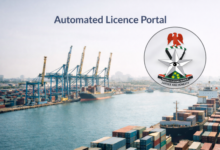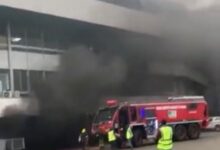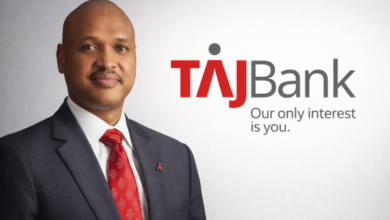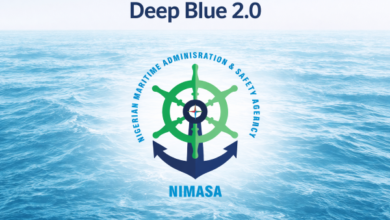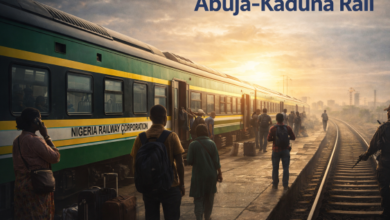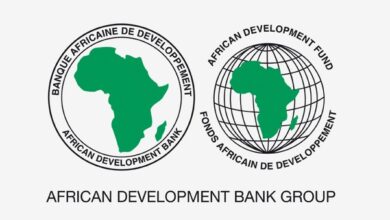NRC Evacuates 618 as Abuja–Kaduna Train Derails: What It Means for Rail Safety in Nigeria
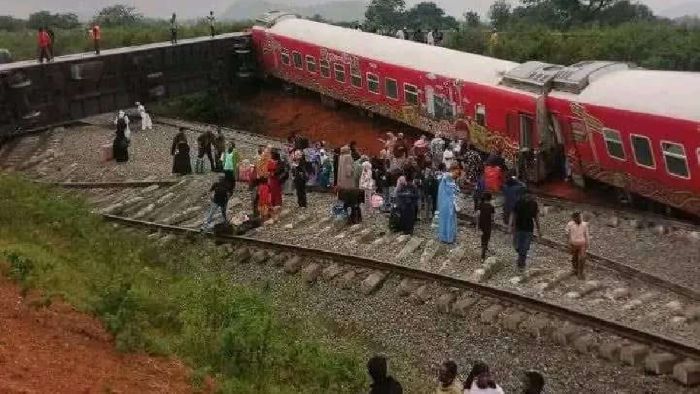
Nigeria’s troubled railway sector faced another setback on Tuesday when the Abuja–Kaduna Train Service (AKTS) derailed at KM 49 between Kubwa and Asham stations. The Nigerian Railway Corporation (NRC) confirmed that 618 persons, including passengers and staff, were safely evacuated, though seven sustained injuries and were taken to hospital.
The derailment, which occurred at 11:09 a.m., has once again spotlighted Nigeria’s rail safety record, passenger welfare, and the urgent need for investment in modernising transport infrastructure.
Breakdown of Evacuation
According to NRC Managing Director Dr. Kayode Opeifa, the train was carrying:
- 583 passengers
- 15 NRC crew members
- 1 medical personnel
- 8 cleaners
- 11 catering staff
All passengers were rescued, with those uninjured conveyed back to Idu and Kubwa stations via a rescue train. NRC also directed its ticketing partner to issue full refunds to all affected passengers.
“Passenger welfare is paramount. We sincerely regret the inconvenience caused and thank the public for their understanding,” Opeifa stated.
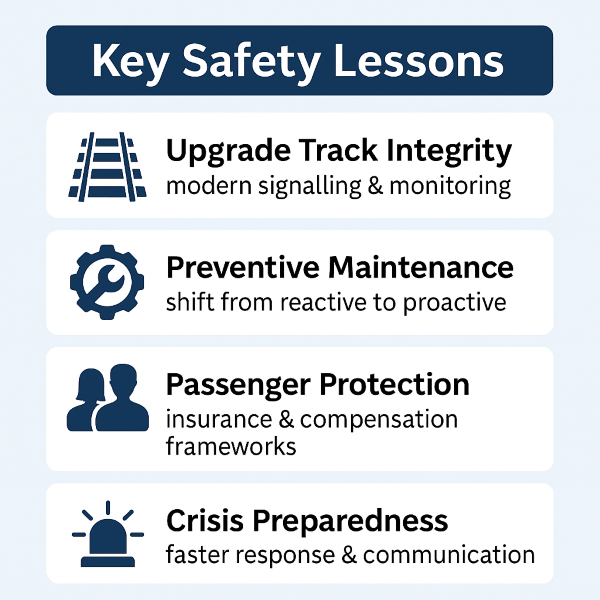
Safety and Service Implications
The derailment has prompted the temporary suspension of all Abuja–Kaduna Train Services, pending site recovery, technical clearance, and official resumption. Investigations, supervised by the Federal Ministry of Transport, are now underway.
This is not the first safety scare for the AKTS, which has faced challenges ranging from terrorist attacks in 2022 to intermittent mechanical faults. For an essential service connecting the nation’s capital to the north-west, reliability and safety remain critical for public trust.
Why This Matters for Nigeria’s Transport Future
Rail is central to Nigeria’s national transport masterplan, designed to ease pressure on highways, cut logistics costs, and drive regional commerce. But derailments undermine this vision, raising key concerns:
- Infrastructure Integrity: Tracks and rolling stock need urgent upgrades to meet international safety standards.
- Maintenance Culture: Preventive checks and modern signalling systems must replace ad-hoc fixes.
- Passenger Confidence: Repeated incidents threaten ridership numbers and investor interest.
- Insurance & Liability: Compensation frameworks for accidents remain underdeveloped, raising questions of passenger protection.
Economic and Business Context
Nigeria has invested billions in modern rail—most notably the $874m Abuja–Kaduna standard gauge line, partly financed by Chinese loans. The line is a flagship project under the national rail revival plan, but frequent disruptions erode its economic returns and long-term credibility.
For businesses relying on cargo and passenger movement, each suspension creates ripple effects in supply chains, tourism, and inter-state commerce.
BRANDECONOMY Takeaway
The safe evacuation of 618 passengers is a testament to improved emergency response, but the derailment is a reminder that safety lapses still haunt Nigeria’s rail sector.
For Nigeria to unlock the full potential of rail as a growth enabler, the government and NRC must go beyond crisis management to systemic safety reforms, infrastructure modernisation, and stronger insurance frameworks.
In transport, trust is everything—and Nigeria’s railways cannot afford to keep derailing it.


